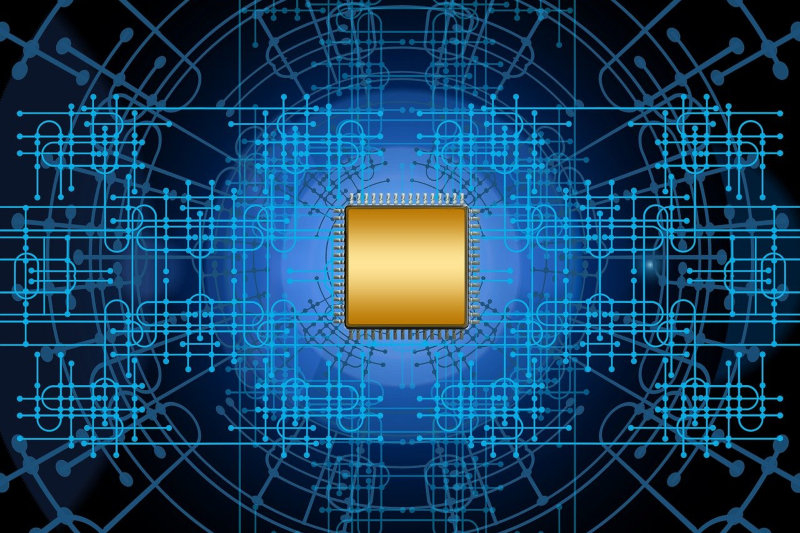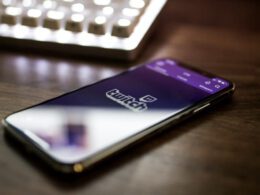Arm Ltd is in the process of developing its next-generation Cortex-X processor, code-named Blackhawk, with an aim to begin the shipment of smartphones running on the chip by the end of 2024. This information was disclosed by analyst Patrick Moorhead. Public presentation of the devices is expected in next year’s CES and MWC exhibitions.
This chip’s development aligns with the strategy of Arm CEO, Rene Haas, whose aim is to eliminate the “performance gap between Arm’s own designs and custom implementations [architectures] of Arm”. The latter refers to chips such as Apple Silicon’ computer processors and Qualcomm Nuvia, as well as Amazon Graviton’s cloud system processors.
Regarding the speed performance of the new chip, Arm is employing Geekbench 6 benchmark— promising the “largest annual increase in single-thread performance over the last five years”. They also stated that Blackhawk would exhibit “remarkable” performance in local processing of large language models.
This is significant, because in spite of having more efficient Graphics Processing Units (GPUs) and AI accelerators (NPUs), a lot of developers still rely on Central Processing Units (CPUs) for AI task implementation. The extensive adoption of AI technology forces them to abandon large language cloud-based models, downscale AI applications, and adapt software for local device operation. According to the analyst, at the time of launch, Blackhawk will be the only processor of its kind available for Android smartphones.
If Arm succeeds in its ambition, it could intensify competition between the British developer, Qualcomm, and Apple. Companies like MediaTek, which lack the resources to develop their own Arm-compatible cores distinct from the reference architecture, would benefit the most from the Blackhawk project. This could prove advantageous for Samsung, which has experienced several setbacks in this segment in recent years, forcing the Korean giant to make difficult decisions.





